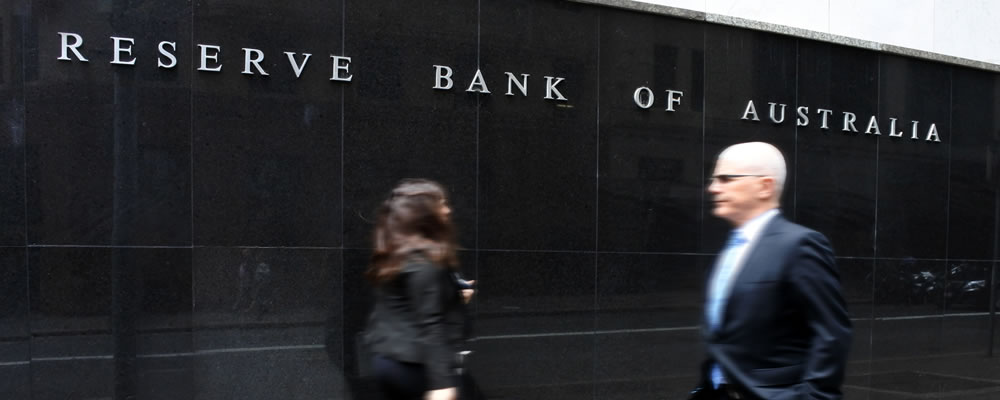Although the Reserve Bank of Australia’s (RBA) October meeting minutes took pains to reaffirm a neutral policy outlook this did not prevent the Euro Australian Dollar exchange rate from trending lower.
While the central bank warned that it is not bound to raise interest rates just because global monetary policy is showing signs of returning to a tightening bias the mood towards the ‘Aussie’ still improved.
Markets were quick to shake off the impact of the minutes, even though the RBA looks set to maintain its neutral policy bias for some time to come.
However, confidence in the antipodean currency is likely to falter ahead of Thursday’s raft of Australian labour market data.
Forecasts point towards a modest dip in September’s participation rate, which could undermine optimism in the outlook of the domestic economy.
Even so, if the headline employment change figure proves positive this may still weigh heavily on the EUR AUD exchange rate.
On the other hand, any marked softening of the labour market is likely to further discourage the RBA from considering any imminent return to a hawkish policy outlook.
Any deterioration in the wider sense of market risk appetite could also diminish the appeal of the Australian Dollar, especially if the third quarter Chinese gross domestic product data disappoints.
Unchanged Eurozone Inflation Unlikely to Boost EUR Appeal
The Catalan crisis has continued to dampen the appeal of the Euro, meanwhile, as the regional and Spanish governments still appear to be at odds.
A sense of increased uncertainty over the future political unity of the EU has discouraged investors from favouring the single currency, especially as the potential for further disruption remains.
With no change expected from the finalised Eurozone consumer price index data the EUR AUD exchange rate may struggle to find a rallying point today.
However, as analysts at Danske Bank noted:
‘It will be interesting to see which components caused the fall in service price inflation and whether they point towards any sustained upwards or downwards trend in core inflation, which will be important for ECB policy normalisation going forward.’
If signs point towards a weakening in domestic inflationary pressure then the Euro could slump further, with the prospect of any European Central Bank (ECB) tightening fading.
Focus will also fall on the latest ZEW German and Eurozone economic sentiment surveys, which may offer some degree of support to EUR exchange rates.
Signs of greater optimism within the local economy could shore up the single currency in the short term, even if this is unlikely to alter the outlook of the ECB.
Current EUR AUD Interbank Exchange Rates
At the time of writing, the Euro Australian Dollar exchange rate was slumped in the region of 1.4987. Meanwhile, the Australian Dollar Euro exchange rate was making solid gains around 0.6671.



